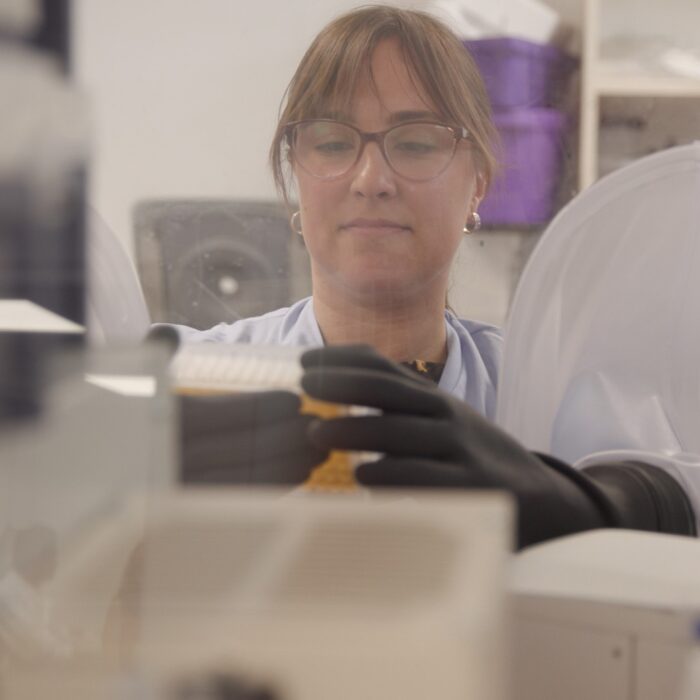A large-scale laboratory screening of human-made chemicals has identified 168 chemicals that are toxic to bacteria found in the healthy human gut. These chemicals stifle the growth of gut bacteria thought to be vital for health.
Most of these chemicals, likely to enter our bodies through food, water, and environmental exposure, were not previously thought to have any effect on bacteria.
As the bacteria alter their function to try and resist the chemical pollutants, some also become resistant to antibiotics such as ciprofloxacin. If this happens in the human gut, it could make infections harder to treat.
The new research, led by the University of Cambridge, tested the effect of 1076 chemical contaminants on 22 species of gut bacteria in the lab.
Chemicals that have a toxic effect on gut bacteria include pesticides like herbicides and insecticides that are sprayed onto food crops, and industrial chemicals used in flame retardants and plastics.
The human gut microbiome is composed of around 4,500 different types of bacteria, all working to keep our body running smoothly. When the microbiome is knocked out of balance there can be wide-ranging effects on our health including digestive problems, obesity, and effects on our immune system and mental health.
Standard chemical safety assessments do not consider the human gut microbiome because chemicals are formulated to act on specific targets, for example insecticides should target insects.
The researchers have used their data to create a machine learning model to predict if industrial chemicals – whether already in use, or in development – will be harmful to human gut bacteria.
The research, including the new machine learning model, is published today in the journal Nature Microbiology.
